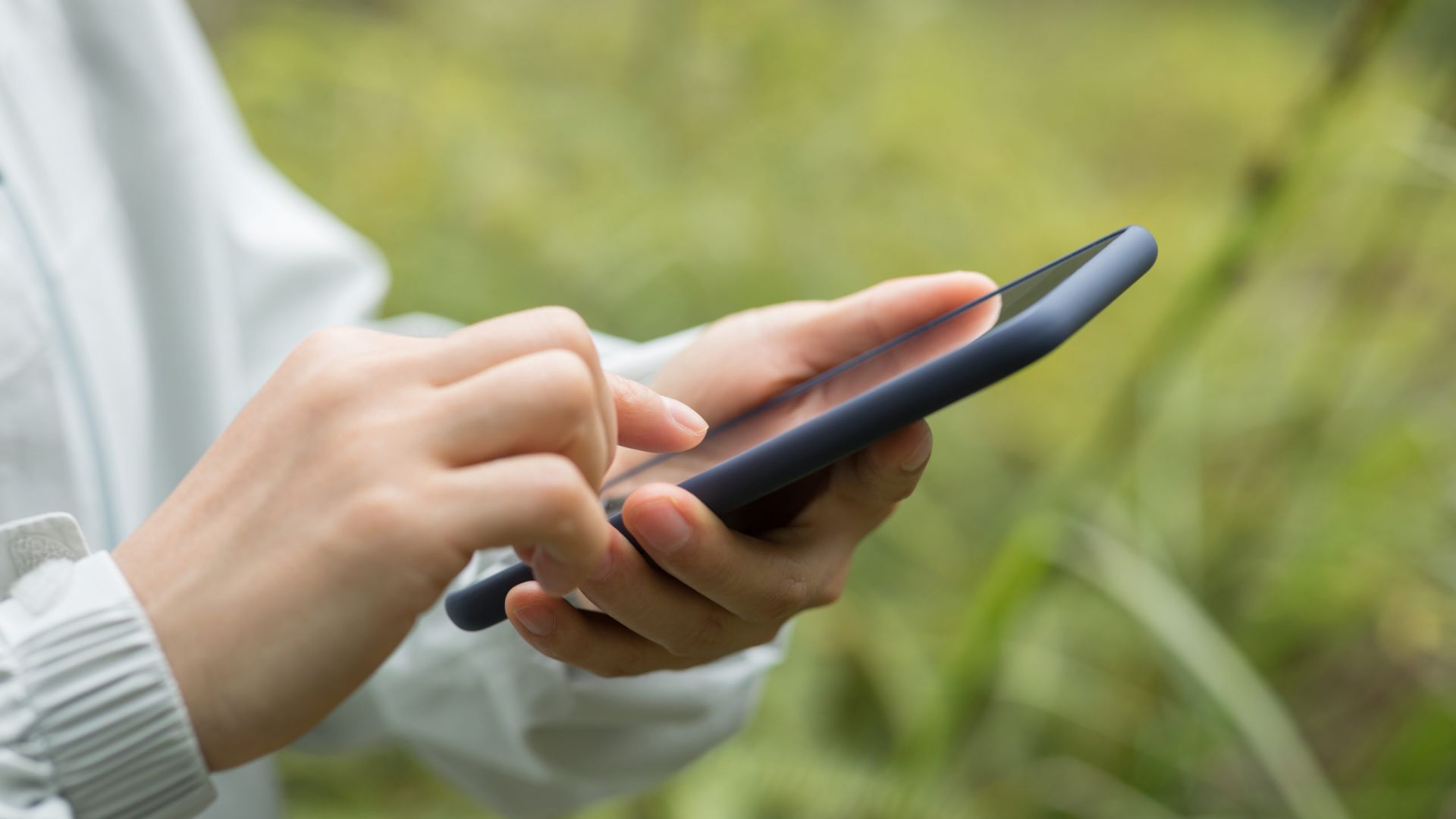An integrated public policy information portal measuring the impact of the coronavirus pandemic developed by Filipinos won the Space Apps COVID-19 Challenge in the best use of data, the solution that best makes space data accessible, or leverages it to a unique application. Using Earth observation, in-country economic and human mobility data, and global infection case counts, data analysts Nick Tobia, Helen Mary Barrameda, Kristel Joyce Zapata, Theresa Rosario Tan, and Miguel Oscar Castelo from CirroLytix created a dashboard for policy makers and economic planners to show the impact of COVID-19 on various countries and effects on the economy and environment.
Named G.I.D.E.O.N. (Global Impact Detection from Emitted Light, Onset of Covid-19, and Nitrogen Dioxide), the portal uses news feeds, Google mobility data, and coronavirus cases revealing the multi-dimensional impact of lockdown and other interventions. Night lights from the Visible Infrared Imaging Radiometer Suite (VIIRS) and nitrogen dioxide levels from Sentinel-5P show current impacts and forecast effects of lockdown. Google’s community mobility reports, global infection data from Johns Hopkins University, and nitrogen dioxide data reveal pollution levels produced by human activity, and monitor which countries keep air quality under control as they bounce back from lockdown and pave the way for the “new normal.”

Aside from having a global winner, two Pinoy teams made it as global finalists too.
Inspired by social isolation experienced by astronauts in space, Snail Space (A wordplay for snail’s pace) is an app giving a “safe space” by providing mental care and comfort during times of social isolation brought by COVID-19 pandemic. It was developed by Celestial Snails team comprised of Arturo Caronongan III, Kevin Olanday, In Yong Lee, Mary Anne Dominique Casacop, and Gabriel Santiago from De La Salle University.

With public health in mind, Sentinellium leverages user data sent through SMS and chat, and space assets like population density, urbanization, and aerosol to provide a more accurate prediction of developing epidemics. This was done by Harlee Quizzagan, James Andrew C. Cornes, Angela Chua, Alaica Mariño, Joal Rose Lin, and Mohammad Ashraful Mobin, in which their group was formed during the hackathon period.
“The use of these modern and advanced technologies will be crucial, especially as the world navigates the fourth industrial revolution. Using big data, cloud, and AI applications for instance, could help us understand the severity of the disease and aid in delivering measures to mitigate its impact,” according to the Undersecretary for Competitiveness and Innovation of the Department of Trade and Industry (DTI) Dr. Rafaelita “Fita” M. Aldaba. “This really fills me with great optimism that our young and talented startups and Filipinos have so much to offer and contribute to our efforts to provide solutions to address health and economic crisis,” she said.
Last May 30-31, 2020, coders, entrepreneurs, scientists, designers, storytellers, makers, builders, artists, and technologists have been invited in an all-virtual, global hackathon by the United States space agency National Aeronautics Space Administration (NASA), along with the European Space Agency (ESA), Japan Aerospace Exploration Agency (JAXA), the National Centre for Space Studies (CNES) of France, and Canadian Space Agency (CSA). During a period of 48 hours, more than 15,000 participants from 150 countries created more than 2,000 virtual teams. Participants used Earth observation and other open data to propose solutions to one of twelve challenges related to the COVID-19 pandemic.

During the virtual bootcamp one week prior to the hackathon, Ellison Castro, Cara Patricia Canlas, and Arlo Jayson Sabuito from STAMINA4Space discussed the capabilities of microsatellites in determining the height of clouds and forest fire mapping using support vector machine. During the hackathon, Aldrich Tan, Elymar Apao, Chi Señires, and Janyl Tamayo from UXPH helped participants in designing and bringing user experience to their projects. Andresito de Guzman of PWA Pilipinas taught participants on developing progressive web applications. 2019 global winner in the best use of data Dominic Vincent Ligot from the Analytics Association of the Philippines and Data Ethics PH brought inspiration by emphasizing the importance of data analytics for social good.
G.I.D.E.O.N. is one of the six global winners selected by NASA, ESA, JAXA, CSA, and CNES, and one of the three teams shall have special access to the Euro Data Cube environment. If travel is deemed safe, winners shall also be invited to visit a NASA site to view a spacecraft launch. However, travel, accommodation, and food costs are not included. Lead organizer Michael Lance M. Domagas appeals support for the current and past winners, finalists, and especially to the four-year community who worked so hard in bringing honor for the country. “After being recognized by five leading space agencies of the planet, its time for our own country to show appreciation and give support for those who are stepping forward in combating the COVID-19 pandemic and its effects in our society today to defeat our common enemy,” he said.

Previous Pinoy hackathon winners are Project AEDES (2019), using satellite and climate data to pinpoint possible dengue hotspots, and ISDApp (2018), which uses citizen science data to inform fishermen the right time to catch fish.
The Space Apps COVID-19 Challenge is a special edition of NASA’s annual Space Apps Challenge, an international hackathon that takes place around the world and online every October. Since 2012, teams have engaged with NASA’s free and open data to address real-world problems on Earth and in space. Space Apps 2019 included more than 29,000 participants in 71 countries, developing more than 2,000 hackathon solutions over one weekend. This NASA-led initiative is organized in collaboration with Booz Allen Hamilton, Mindgrub, and SecondMuse. The next annual Space Apps Challenge is scheduled for October 2-4, 2020 in a virtual format. Registration opens August 15: https://2020.spaceappschallenge.org/locations/manila







